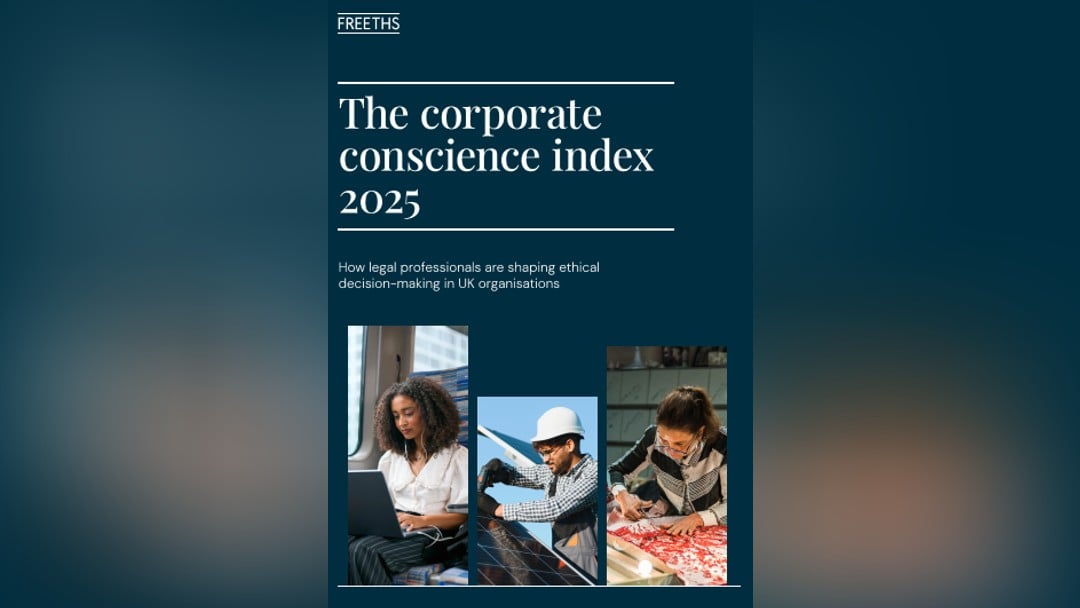UK corporate ethics face new challenges

The recent US administration's stance is reshaping UK corporate ethics, prompting businesses to rethink their practices
On 30th October 2025, the US administration's condemnation of Equality, Diversity, and Inclusion (EDI) and environmental sustainability initiatives is significantly impacting corporate ethics in the UK. New research from UK law firm Freeths reveals that over half (54%) of UK businesses have altered their approach to ethical policies, with 28% making drastic changes or abandoning initiatives entirely. The survey, which included responses from 250 General Counsels and Chief Legal Officers, indicated that the focus on profit is overshadowing ethical considerations, as 83% of corporate legal leaders believe "doing the right thing" is secondary to profit in decision-making.
This trend unfolds despite the UK Government's commitments to creating a more sustainable society that includes stronger climate pledges and employee rights. The findings from Freeths’ report, titled "The Corporate Conscience Index," highlight a disconnect between corporate ethics and profitability. Although 83% of legal experts underscored the importance of ethics in business today, only 35% of organisations actively respond to ethical challenges.
The survey results shed light on the troubling reality faced by UK PLC, indicating that many organisations fail to embody the principles they profess. Philippa Dempster, Senior Partner at Freeths, articulated the challenge, stating that "the truth is that a drive for profit can significantly impact or impede ethical decision-making.” She emphasised the importance of closing the gap between principle and practice, particularly in light of the Post Office scandal.
As a response to the changing climate, nearly 90% of UK organisations have already implemented an ethical decision-making framework. However, 38% acknowledge that this framework requires updates to remain relevant. Legal professionals have mixed feelings about the influence of their ethical guidance on senior leadership; while 90% believe their advice is valued, a significant portion (21%) of them are only moderately comfortable advocating for ethical best practices.
Freeths, a leading commercial law firm known for its work on the High Court case involving sub-postmaster clients against the Post Office, aims to address these ethical dilemmas through rigorous research. By highlighting the need for organisations to reflect on their ethical roles, Freeths encourages a re-evaluation of corporate values. As companies navigate the evolving landscape of ethics and profit, close attention will be necessary to witness how practices evolve in the coming months and years.
